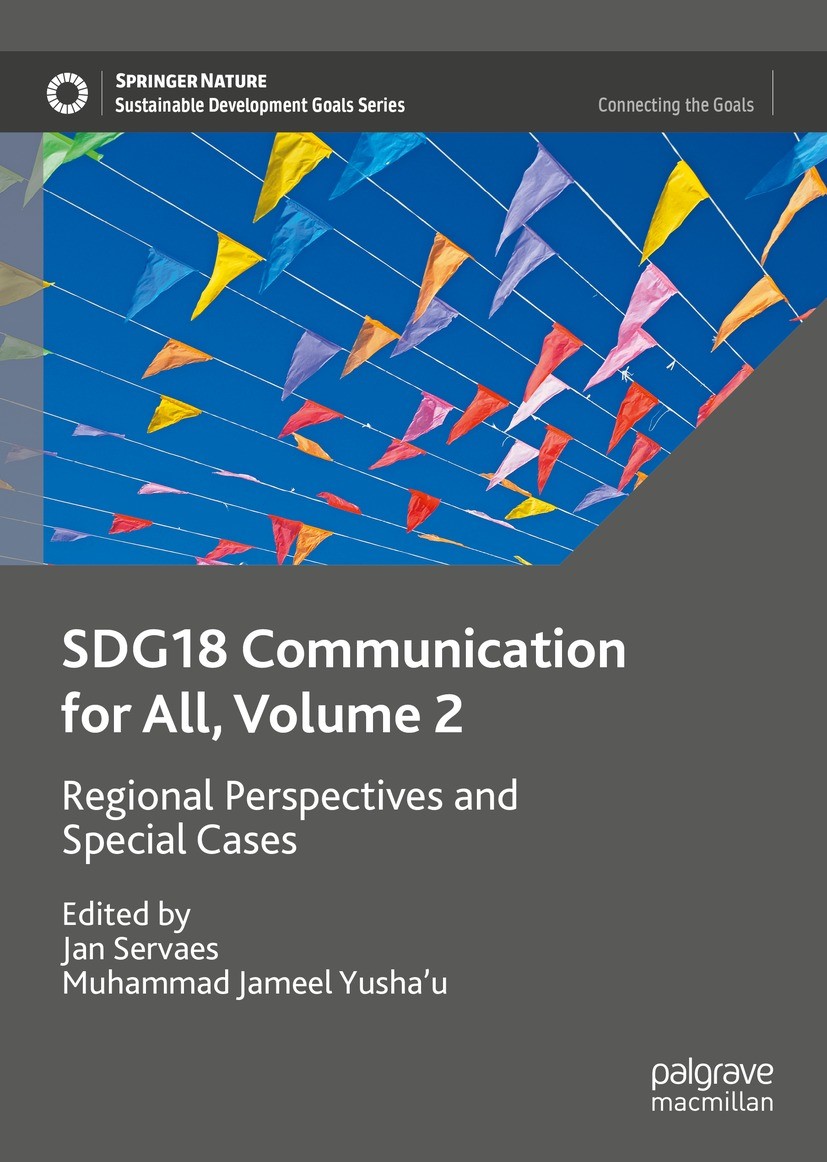The following book chapter was published on 25th March
McLeod, S., Verdon, S. & Crowe, K. (2023). SDG18: Communication for all – Including people with a communication disability, children, and people who do not speak dominant languages. In J. Servaes & M. J. Yusha’u (Eds.). SDG18 Communication for All, Volume 2: Regional perspectives & special cases. Sustainable Development Goals Series (pp. 175–199). Palgrave Macmillan. https://doi.org/10.1007/978-3-031-19459-7_7
Here is the abstract
Everyone has the right to communicate; however, not everyone can communicate in the same way. If SDG18 truly stands for “Communication for All”, then we must listen to and advocate for people whose voices are rarely heard despite their right to “freedom of opinion and expression” being articulated in the Universal Declaration of Human Rights and subsequent conventions and declarations. This chapter focuses on three groups of people whose voices are particularly marginalized: (1) people with communication disabilities, (2) children, and (3) people who do not speak/understand/read/write the dominant language of their community. These three groups make up a large portion of the world’s population but are unheard due to their invisible disability. The intersectionality between these three groups is a particular focus of this chapter leading to a call for multilingual children with communication disability to be supported to take their place as communicators in society, to fulfill their potential as multilingual speakers, and to realize their communication rights.
